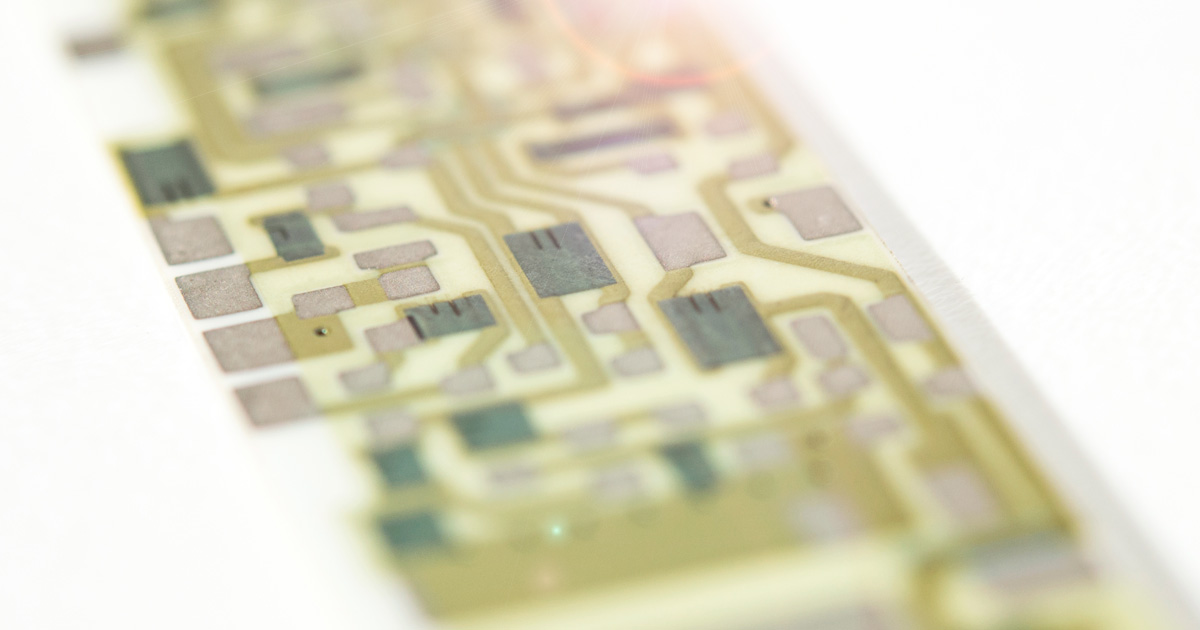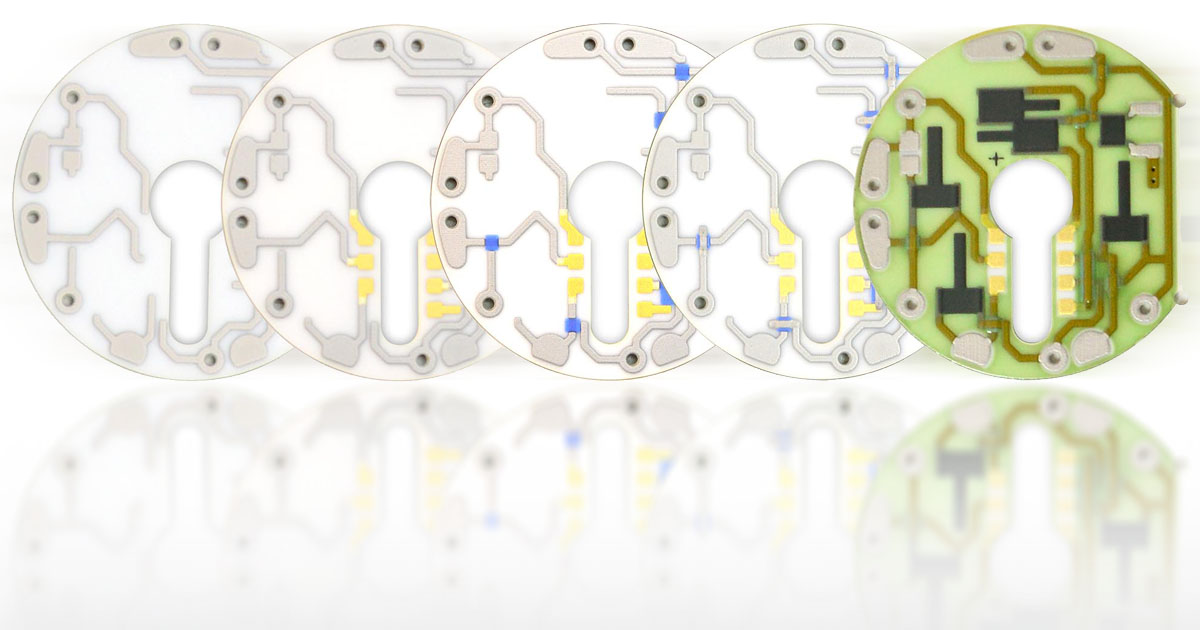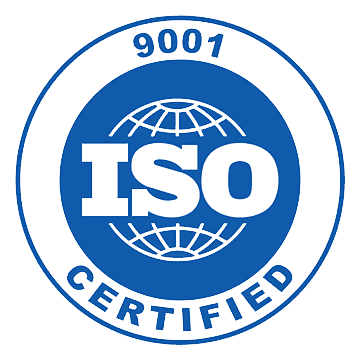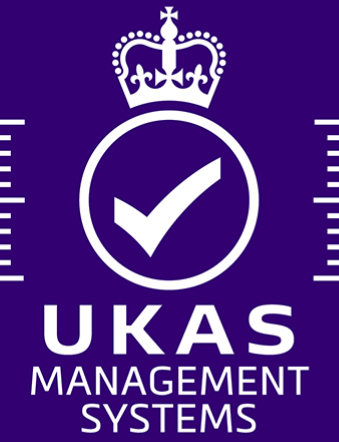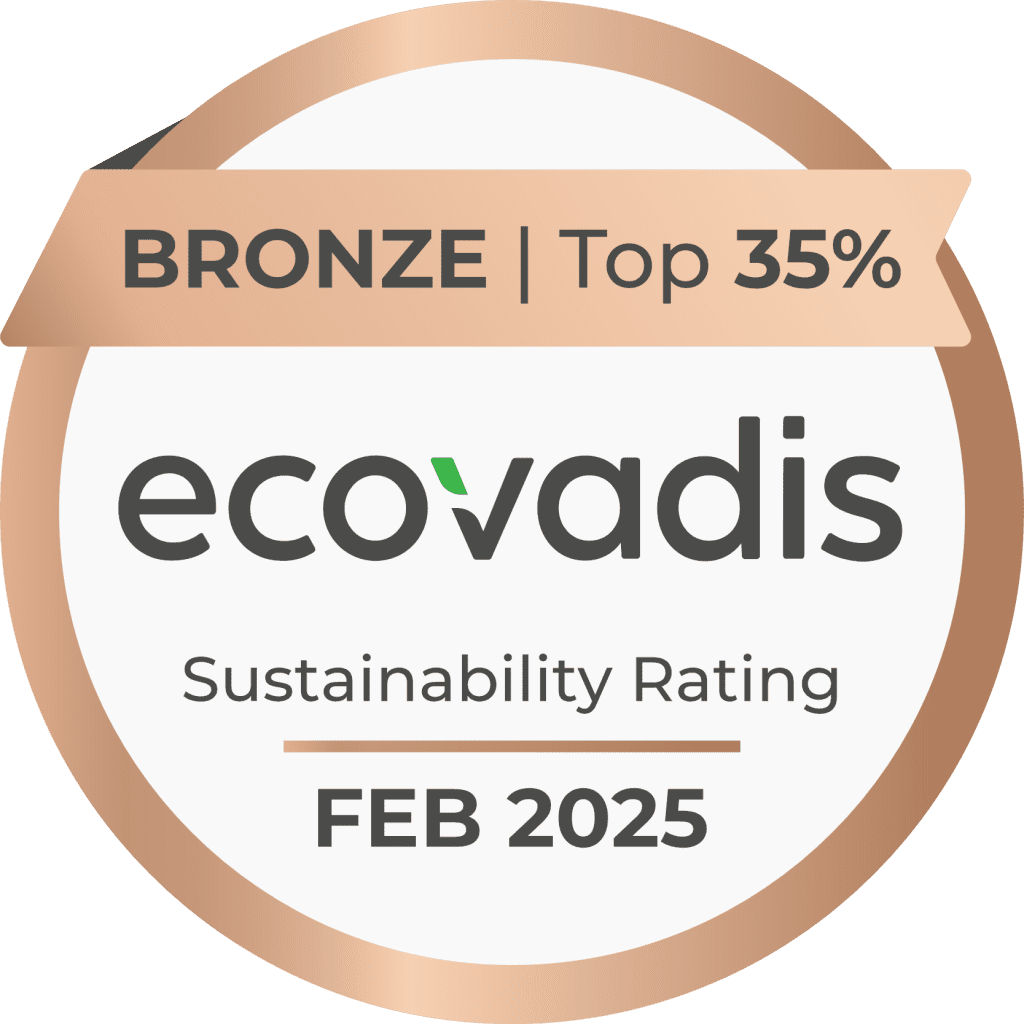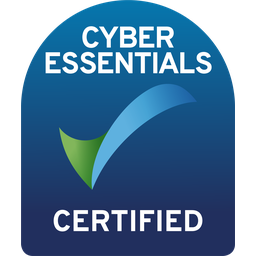Corintech to Exhibit at Southern Manufacturing & Electronics
Corintech is delighted to announce that we will be exhibiting at this year’s Southern Manufacturing & Electronics Show, taking place from 3–5 February 2026 at the Farnborough International Exhibition and Conference Centre. The UK’s leading annual showcase for innovation in manufacturing and electronics is a cornerstone event where industry professionals gather to explore the latest trends, technologies and solutions across the engineering supply chain. Visit Us at Stand D165 You’ll find the Corintech team on Stand D165, ready to present our full suite of services and engineering expertise. At the show, our team will be on hand to share insights into our core capabilities, including bespoke electronics design, UK-based rapid PCB assembly, flexible thick

